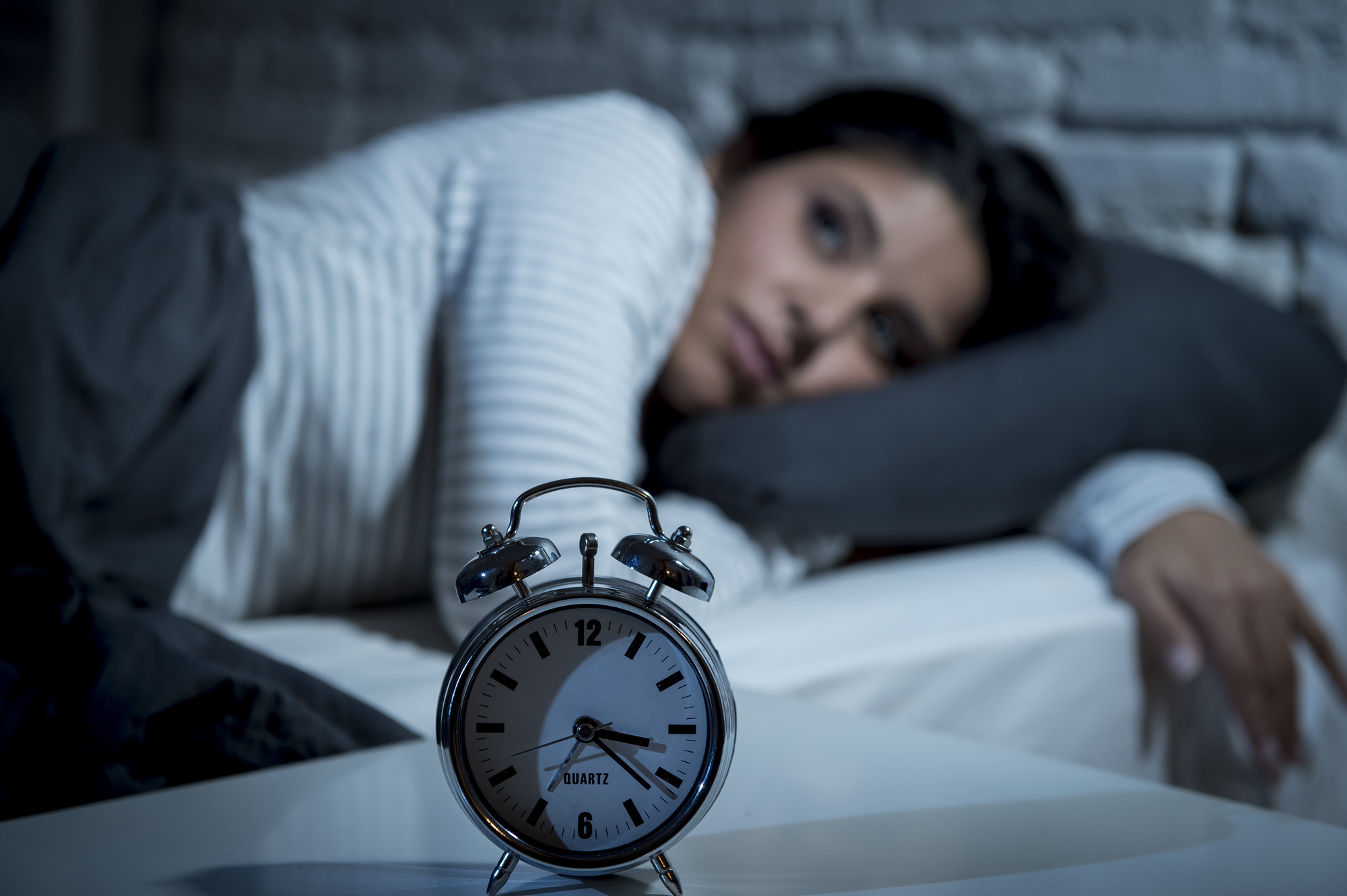
Helpful Tips for Insomnia Treatment

Are you tossing and turning every night? Are dark circles staring back at you in the bathroom mirror? It’s possible you’re not getting enough sleep each night. In fact, about 25% of Americans experience acute insomnia each year. Thankfully, about 75% of these individuals recover without developing persistent chronic insomnia. You can, too! Here are 10 simple tips for insomnia treatment.
With these tips, you can conquer your insomnia and get the rest you need. Without proper sleep, however, you could put your health at risk. Neglecting to get enough sleep could cause weight gain, skin problems, and other health issues.
Don’t let that happen!
Instead, read on to discover how to put an end to your sleep insomnia today.
1. Work Up a Sweat
Before heading to bed each night, get moving during the day! Try working up a sweat long before bedtime to work off excess energy.
Your circadian rhythm follows behavioral, mental, and physical changes tied with your 24-hour body clock. It controls your daily schedule for wakefulness and sleep.
Your circadian rhythm is influenced by factors like light, body temperature, and metabolism. Your brain even receives signals based on your environment before it activates specific hormones.
As a result, your circadian rhythm is able to wake you up or help you fall asleep.
The body’s tissues are actually connected to your biological clock. Exercising will help the muscles align with your circadian rhythm. Melatonin production will improve, too.
Melatonin is a hormone that helps you fall asleep. Without it, you could develop sleep insomnia.
Try working out a few hours before bed to encourage your body to naturally produce melatonin. Avoid exercising right before bed, though. Otherwise, it could make you more alert.
If you prefer physical activities before bed, try something light like stretching or yoga.
2. Adjust Your Environment
A few small changes to your bedroom can benefit your insomnia treatment, too.
Consider starting with the room’s lighting. The brain naturally stops producing melatonin once the body is exposed to light. Too many light sources could make you feel awake and alert.
You could struggle to fall and stay asleep as a result.
Keeping the room dark, on the other hand, could help the body produce more melatonin. You’ll feel drowsy before bed, which could help you fall asleep.
Try to avoid light sources right before bed (including your TV and phone).
Otherwise, try to create a quiet sleep environment. Otherwise, the brain will continue processing sounds while you sleep. Loud noises might become a distraction.
Turn off your cell phone and TV before bed. If you hear noises outside, consider using soothing white noise. You can mask disruptive sounds with a white noise machine or humidifier.
Consider the temperature within your bedroom, too. If you’re too hot or too cold, it could make it difficult for you to fall asleep. Instead, try to keep the temperature between 60 and 67°F.
3. Maintain Routine Hours
Adults need about seven to nine hours of sleep every night. If you begin experiencing insomnia symptoms, consider your sleep schedule. Try to maintain a routine schedule by waking up and going to bed each night.
Otherwise, your body might not realize it’s time for bed.
Create a full routine before bedtime. For example, you can:
- Stretch
- Brush your teeth
- Wash your face
- Meditate
- Drink a cup of chamomile tea
- Read a book
- Clean your bedroom
- Write in a journal
Repeating the same activities before bed can help your body recognize it’s time to relax.
4. Consider Your Bed
An old, lumpy bed might make your sleep insomnia worse as well. Consider getting a new mattress every 10 years. Get new pillows every two years, too.
Otherwise, a lumpy mattress can cause aches and pains. Chronic neck and back pain can impact your ability to fall asleep, too.
If you continue feeling stiff or experiencing back pain, consider visiting a chiropractor.
5. Avoid Naps
Remember, it helps to maintain a routine sleep schedule. Taking naps throughout the day might interrupt that schedule. Instead, try to avoid naps altogether.
Your brain won’t realize there’s a difference between the weekend or weekdays. Try not to sleep in during the weekend, either. Instead, set an alarm and wake up at the same time every morning.
Go to bed at the same time every night, too.
6. Brighten Your Morning
If you continue experiencing insomnia symptoms, try brightening your mornings with a sunrise alarm clock. Bright mornings will tell your body it’s time to wake up. Your body will stop producing melatonin, which can help you feel more alert.
Otherwise, try getting more vitamin D during the day.
7. Limit Caffeine
If you’re struggling to fall asleep at night, evaluate your diet. It’s possible you’re drinking caffeine too late in the day. As a stimulant, caffeine could impact your ability to fall asleep.
Avoid drinking caffeinated sodas or coffee at least six hours before bed.
8. Adjust Your Diet
Minimizing your caffeine intake is only one change you can make to your diet. Your metabolism could keep you up before bed, too. Try to avoid large meals right before bed.
If you do plan to eat late, try to choose foods that are high in protein. Avoid foods that are high in sugar as well.
Otherwise, a heavy meal might keep you up or cause heartburn and acid reflux.
9. Avoid Stress
Stress can make it difficult for you to fall asleep, leading to insomnia as well. Consider adding natural relaxation techniques to your routine. For example, you can try coloring, journaling, or meditating to better manage your stress.
10. Consider Supplements
Adding natural insomnia treatment supplements to your routine could help you get a better night’s sleep, too. For example, you can take melatonin as a supplement.
Magnesium could also help quiet your body and mind, which might make it easier for you to drift off. You can find more helpful products for insomnia relief here.
Catch Those Z’s: 10 Helpful Tips for Insomnia Treatment
Don’t let inadequate sleep impact your overall health. Instead, consider these helpful tips for insomnia treatment. With these tips, you can rest easy and put your insomnia symptoms to bed.
Sleep soundly by using these tips today!
Searching for more products that can help improve your sleep health? We’re here to help.
Explore our sleep and insomnia products from our online doctor today to get started.
Related Posts

